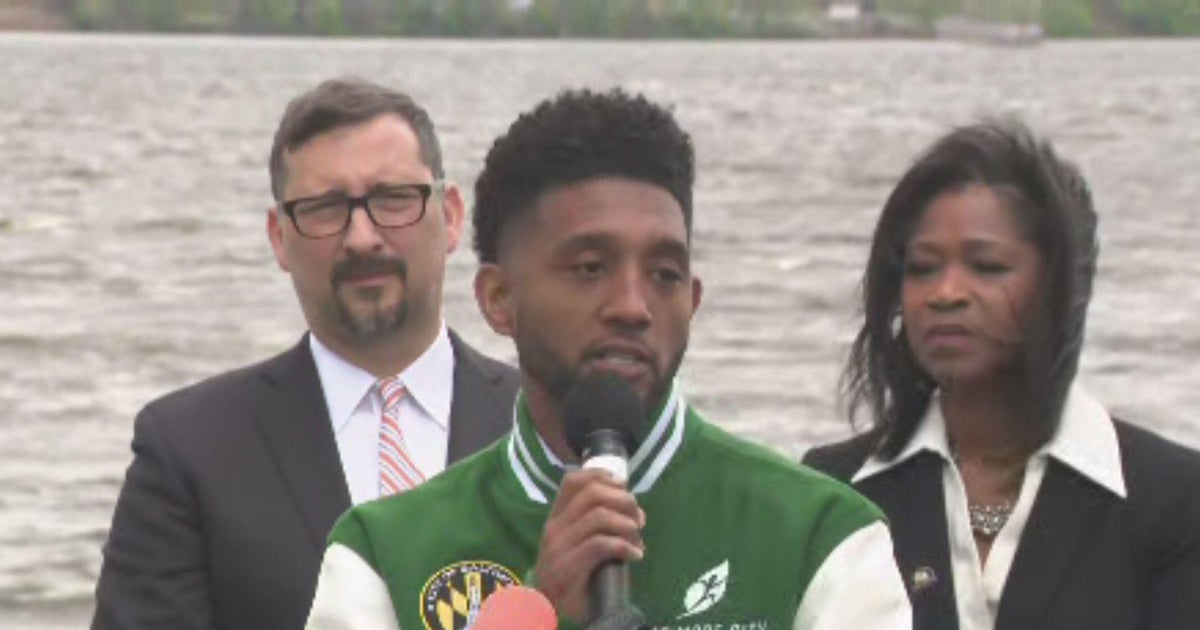Green Revival: Maryland Pumps $1.7M into Eco-Cleanup Initiatives

Green Innovation Blooms: $1.7 Million Awarded to Transform Maryland's Environmental Landscape
In a powerful collaboration, the Maryland Department of the Environment, Chesapeake Bay Trust, and Baltimore City Mayor Brandon Scott have unveiled an exciting $1.7 million grant initiative to support 21 groundbreaking environmental projects across the region.
This substantial funding represents a significant investment in sustainability, ecological restoration, and community-driven environmental solutions. The diverse range of projects aims to enhance local ecosystems, promote green infrastructure, and empower communities to take an active role in environmental stewardship.
By strategically allocating resources to these innovative initiatives, the partners demonstrate their commitment to protecting Maryland's natural resources and creating a more resilient, environmentally conscious future. From urban green spaces to watershed restoration efforts, these grants will catalyze meaningful environmental improvements that benefit both local communities and the broader ecological landscape.
The announcement underscores the region's dedication to addressing environmental challenges through collaborative, strategic funding and community engagement.
